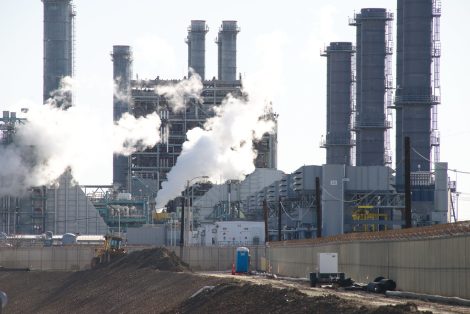-
US drives global natural gas demand to new highs in 2024
Date posted:
-
-
Post Author
Tracey Biller
-

“The fast growth pace of gas use in the U.S. undermines the country’s credibility as a potential leader in energy transition efforts and is at odds with stated ambitions to lower fossil fuel use in power generation by 2030.”
This is the opinion of Gavin Maguire who reports in the latest issue of Reuters Power Up that power producers in the United States lifted natural gas-fired generation to new highs over the first nine months of 2024, sustaining the country’s position as the leading driver of global natural gas consumption.
According to LSEG data, through the first nine months of the year, total power generation from gas-fired power plants in the United States was 55.6 million megawatt hours (MWh). This is an increase of almost 5% from the same months in 2023, and the highest since at least 2021.
Maguire also notes that “natural gas’s share in the U.S. generation system climbed to new highs this year, supplying a record 46% of total power since June as power firms boosted output from all sources to meet rising power demand.”
He says most key power systems within the U.S. – which is also the world’s largest natural gas producer – show no signs of reducing gas use over the near term and look more likely to continue lifting gas-fired output for years to come.
Maguire explains that the main drivers of U.S. gas demand growth are “a handful of power systems that are taking steps to reduce output from coal-fired plants in order the cut pollution but are struggling to meet rising power demand without gas-fired output.”
He concludes that regardless of any country-level aims to curb power output from fossil fuels, total U.S. gas-fired generation looks set to keep climbing “as long as that coal phase-out process continues”.
Only once U.S. generation capacity of clean power, including renewables, is substantially higher, and is backed by a hefty battery storage network, he says, will U.S. power producers be able to make substantial cuts to gas-based power.
